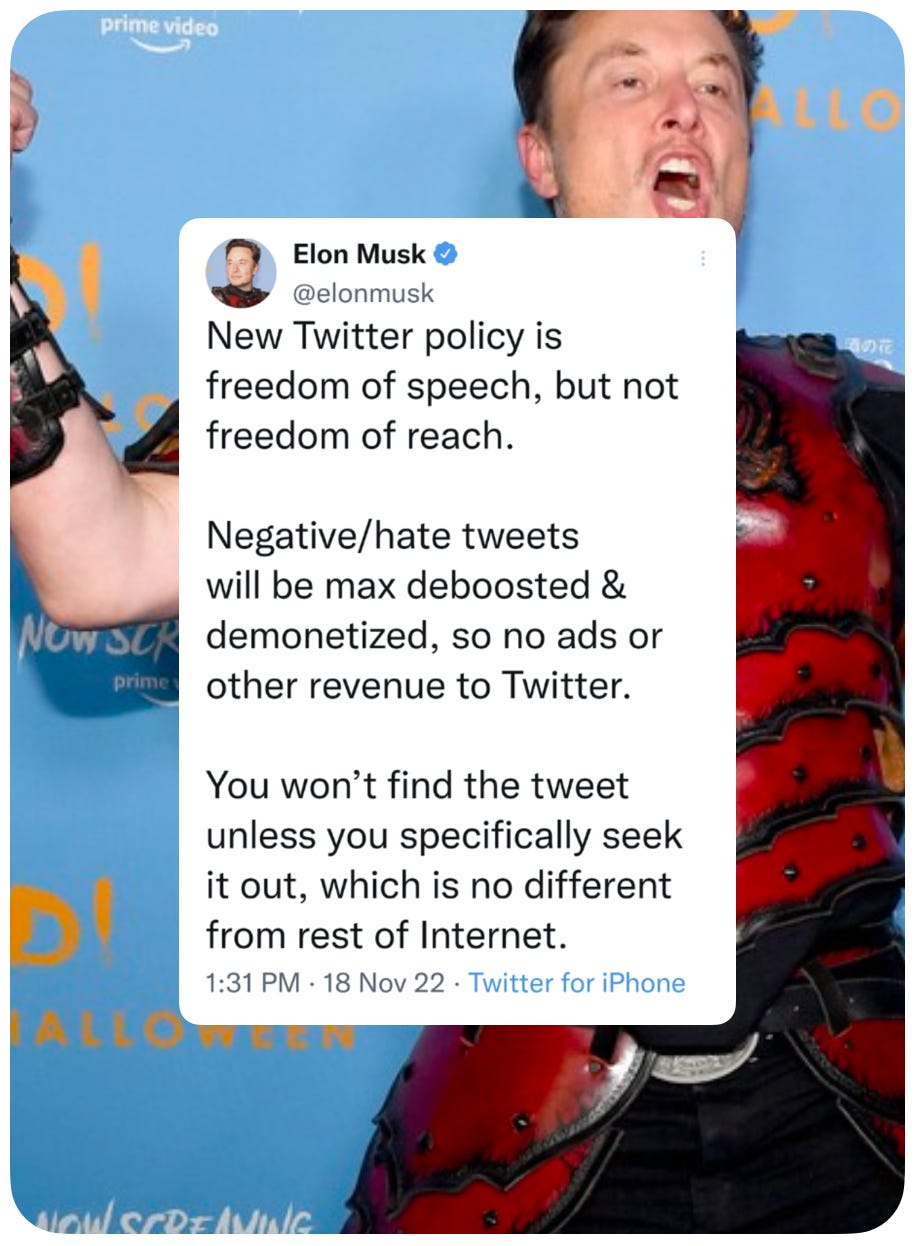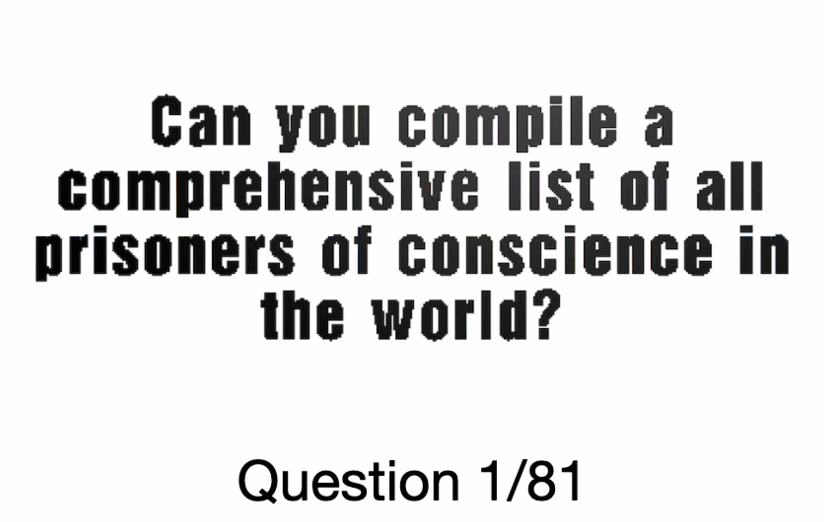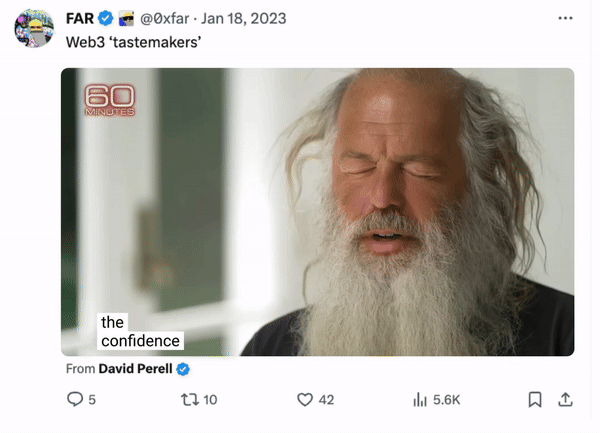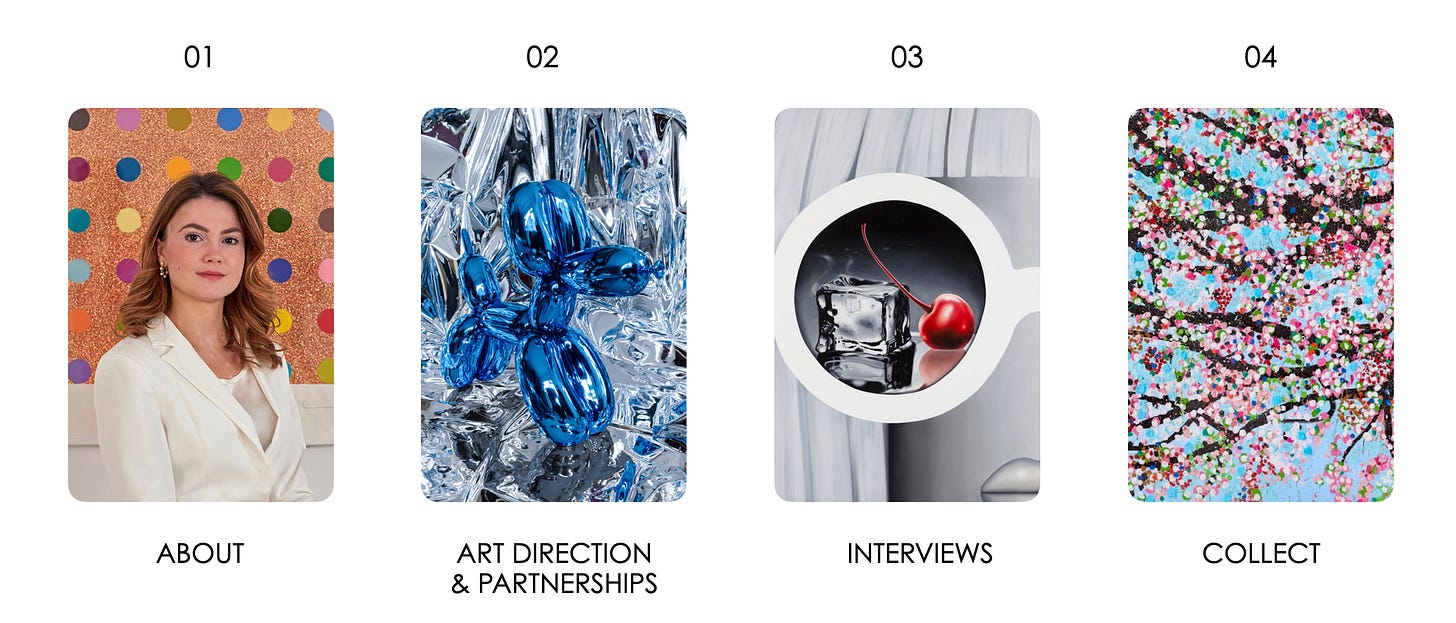Welcome to the first edition of the ART AS A CONSEQUENCE weekly newsletter. My goal is not to provide you with a saturated news feed – you can access that with a simple Google news search on your device. Instead, I aim to filter what happens when the dust settles. This week, I have stories about the art and commercial industry, exploring the cross-pollination between art, fashion, and web3 that I believe will surpass the fad.
To keep in 🧠 for 2024
🗞️ from Vogue Business: 🔮 The AI era continues. “If 2023 was the year of announcements and aspirational AI, 2024 will be the year it becomes actionable” M7 Innovations founder Matt Maher says, calling it the “most transformative technology of this decade”. From mixed reality, artificial intelligence, e-commerce and Web3 converge, in 2024, expect brands with shrinking budgets to put more pressure on tech to deliver results.
”If you can convince clients to willingly provide information about themselves, it enables experiences that are intuitive, not invasive. This will usher in a new era of brand loyalty that can be tiered out based on activity, engagement and spend.”
—Matt Maher
👁️ 🔗 full story here
⚔️🍷 Billionaire's Legal Clash over Alleged Art Fraud
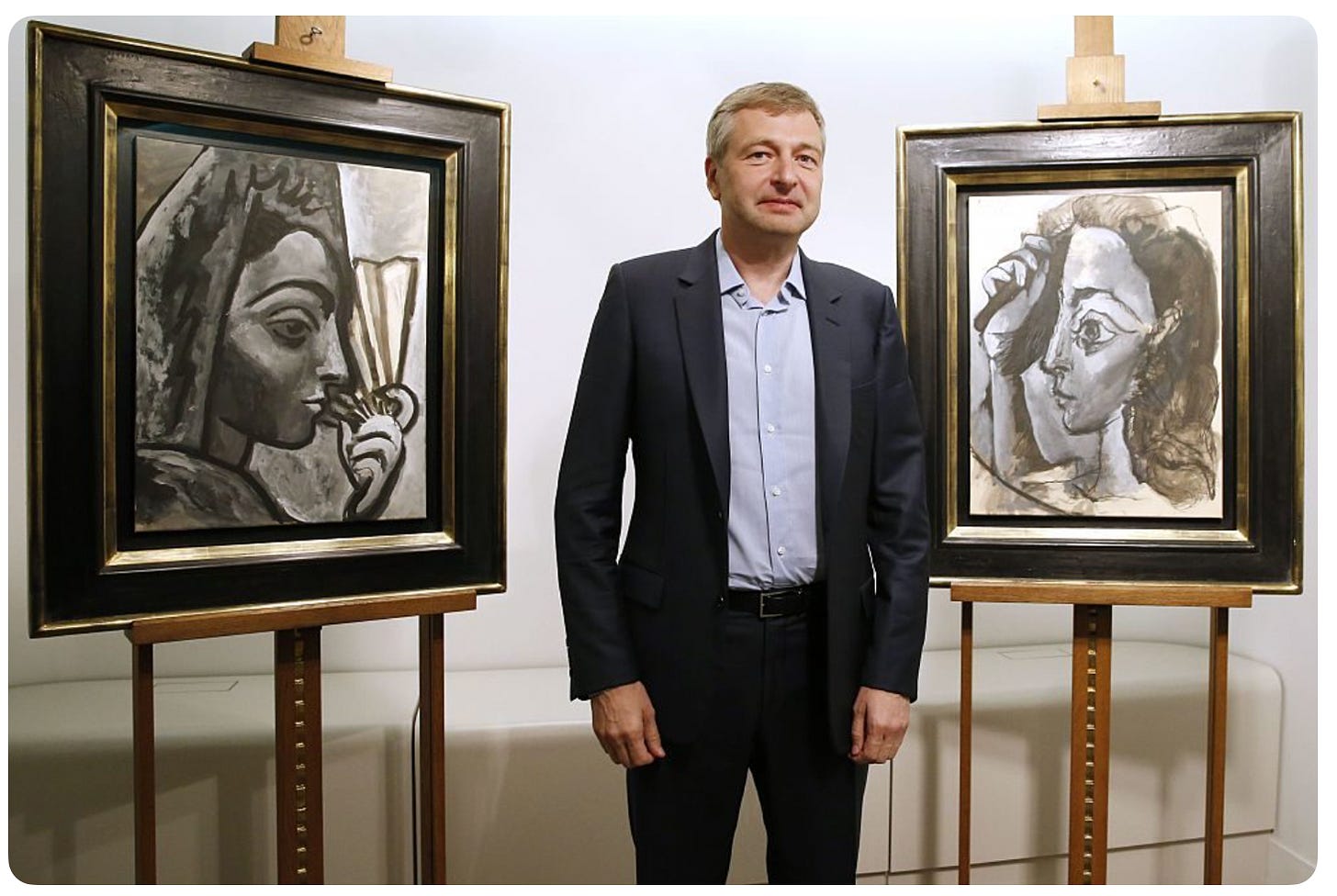
Dmitry Rybolovlev is presently in litigation against Sotheby’s, claiming that the auction house helped defraud him of millions of dollars in art deals and is seeking $190 million in damages. The 57-year-old Russian billionaire (with a net-worth of $6.4 billion) depended on the services of art broker Yves Bouvier for acquisitions between 2002 and 2014, totalling over $2 billion. Allegedly, Bouvier inflated prices without Rybolovlev's knowledge and profited from undisclosed markups amounting to millions. The works implicated in the alleged fraud include pieces by Picasso, Modigliani, Klimt, Magritte, and da Vinci’s Salvator Mundi (considered as the most expensive auctioned painting sold for $450 million). Sotheby’s denies any knowledge of misconduct by Bouvier, asserting that Rybolovlev failed to protect himself in these high-stakes dealings.
Kelly Crow from WSJ reported from the courts in New York and broke down the story on Rybolovlev’s introduction to art. After making his fortune with a fertilizer company, Rybolovlev bought an apartment in Geneva. When he entered, there was a Chagall painting hanging on the wall that he liked, and there were a lot of spotlights for paintings that had been taken down. In that moment, he realized that either he would need to renovate the apartment and take down the spotlights or buy some art.
This pretty much sums up the relationship he had towards art until that point. Back in 2011, the billionaire paid $88 million — making the most expensive residential purchase ever in NYC at the time — for the 10-bedroom penthouse at 15 Central Park West for his college-age daughter.
💡 The lack of transparency in valuations of art as an asset class, coupled with the high potential for fraud in sales at this level, are issues that have been associated with the art market on countless occasions. By using blockchain, information about the provenance, ownership, and transactions of art pieces can be securely recorded and accessed. This could reduce the risk of fraud and improve overall transparency.
The idea of establishing a reliable and unforgeable record of ownership and transaction history suggests that blockchain could enhance the liquidity and tradability of art as an asset. However, in the art market, this may not be desirable to all. After all, some are afraid being caught dancing when the music stops.
🗞️ The Art Happening You Should Know About
In a new art project commissioned by CIRCA titled Ai vs AI, Ai Weiwei puts 81 Questions for AI - such as 'Can the U.S. keep printing U.S. dollars?' The project takes inspiration from 'The Heavenly Questions', 172 questions for the gods written on the walls of a temple by Qu Yuan around 2,300 years ago.
”This is not about freedom of speech
this is about freedom of questions.”
—Ai Weiwei
which reminds me of:
It's important to note that the right to freedom of speech is not absolute (especially if you do not have the reach). Requesting clarity on the functioning of algorithms and moderation policies is crucial. By directing attention to the actual issue at hand, we can initiate efforts to tackle the genuine problems affecting both the internet and democracy.
Some additional questions Ai Weiwei has set up for the AI to answer are:
The questions are projected daily in London, Berlin, Milan, New York, Seoul, Los Angeles, Hong Kong, and Tokyo - from 11 January until 31 March.
👁️ 🔗 full story here
🔎 What’s the Deal with ₿ ETF Approval
by guest-writer, Henry Barrows
The Bitcoin ETF was already priced in, as the market always prices these news in. At the approval of the ETF on Thursday, it peaked at ~$48’000. New money may and will come, as this ETF is now in the market. However, for now, the price actions continues as usual, currently ranging just above the 8 week average. If $42k is broken on the weekly chart, a correction to $35-38k is very likely.
There are already confirmed speculations around other ETFs for Ethereum, or Solana. However, Polkadot (DOT) has been tradable traditionally and it has not seen significant inflow of capital (possibly even the opposite).
In conclusion, these financial instruments that are introduced do not move the fundamentals very much immediately, beyond the hype generated from news.
CNBC - BlackRock CEO Larry Fink: Bitcoin ETF approvals are 'stepping stones' towards tokenization
CNBC - SEC Chair Gensler on bitcoin ETF approval: The underlying asset is highly speculative and volatile
👁️ Wisdom 1-on-1
…with RICK RUBIN
IYKYK: from the man that brought us everyone’s fave meme of the year
If you don’t know what the fuss is all about, Anderson Cooper asked Rick Rubin (a legendary music producer), what is he being paid for (as he doesn’t play any instruments or knows how to work a soundboard), and his response went viral. If you missed that one you can watch the video here.
Rick recently appeared on Lewis Howes podcast and I’m taking the below with me:
For the workaholics and perfectionists:
🤌 Have as much fun as possible.
The money question: Is it really art if you are making money out of it?
🤌 Absolutely, it's not about the outcome. Whether you make money or not, it has nothing to do with the art. Art is art, and whatever happens after, happens after.
What is the biggest challenge with artists becoming successful?
🤌 Nobody prepares you for success. You may feel the success may fill a hole in your soul, and you work towards this goal, expecting it to fix the problem. It almost never does.
Best habits for an artist:
🤌 Dedication to the craft, taking it very seriously, while having fun and being free in a 'play’ way to allow the thing that is worth being taken seriously to appear.
Lastly, on intentions and inspirations:
🤌 All we are is made up of everything we take in – so, the places we are in, the people we’re around, the media we consume. That’s all we are. So, really curate what comes in for your highest good.
🌐 In case you missed it:
👁️ 🔗 Sotheby’s Opens 1st Bitcoin Ordinals & Rare Satoshis Curated Sale
Why is this important? It’s “proof of the explosive growth of Ordinals” said Michael Bouhanna, Sotheby’s head of digital art.
👁️ 🔗 The rise and rise of Alvaro Barrington
In just a few years since graduating from art school, the London-based artist has shot to international stardom. He’s now set his sights on creating a new hybrid art space in the Whitechapel district.
Visit artasaconsequence.net to discover more about my work in the art industry. You can contact me over email or find me on social media: Instagram | X | LinkedIn




